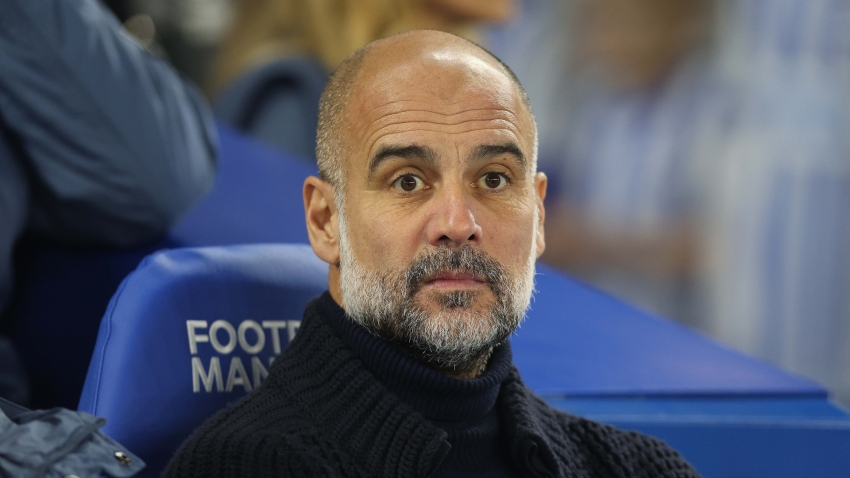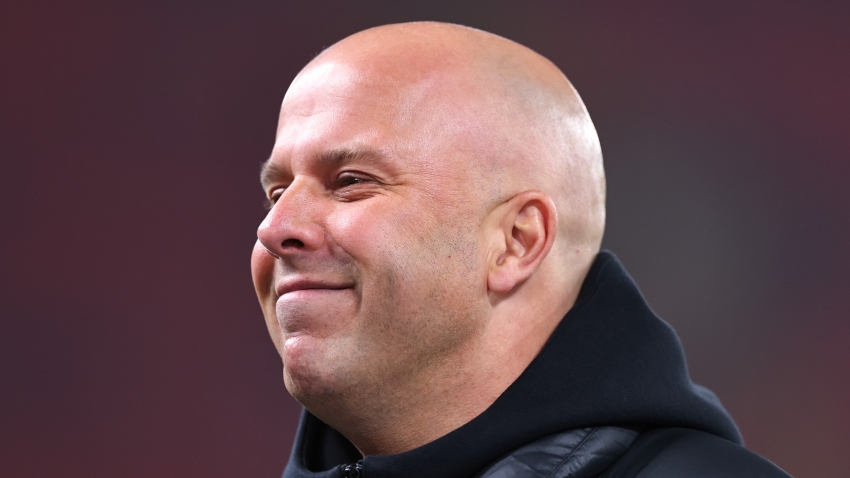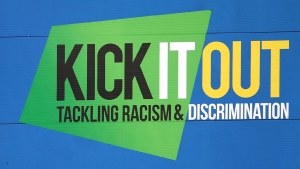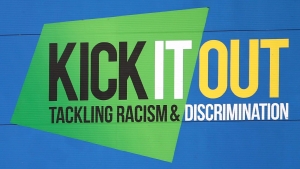Clubs must stop operating an “old boys’ network” and use objective processes to recruit managers and coaches, Kick It Out chief executive Tony Burnett has said.
A report from the Black Footballers Partnership in March found the number of management-related positions held by black employees rose by eight in 2022 compared with the previous year, from 49 among 1,338 individuals (3.7 per cent) to 57 individuals out of 1,304 in 2023 (4.4 per cent).
There are currently no black or minority ethnic managers in the Premier League following the sacking of Patrick Vieira at Crystal Palace.
Kick It Out wants football’s new independent regulator to oversee equality standards as part of a code of football governance and to compel clubs to share representation and recruitment data, with Burnett insisting far too much in football is going on in the shadows.
“Football is one of the last bastions of the old boys’ network, to be absolutely frank,” he told the PA news agency at the Include Summit in Manchester.
“It’s a tap on the shoulder quite often, who you know rather than what you know.
“When you look at the representation across football, what’s really clear is there is a myth of meritocracy.
“The best people aren’t getting jobs, whichever way you look at this, the best people, the most qualified people, are very frequently not getting the jobs. And so we want fair representation.”
Kick It Out wants to work with the football authorities to put an objective assessment process in place which guides recruiters, as happens in other industries like the financial sector.
“When clubs are recruiting a manager they would have a definitive list to pick from – people who’ve been through an objective process – rather than going off the recommendations of a mate of a mate, or an agent, and that’s what we’ve got to stop,” Burnett added.
“Football is one of the last industries around where a tap on the shoulder and who you know seems to drive your career path.
“It’s far too informal and it’s against modern recruitment standards. You’re not going to get the best people if it’s done in a way that isn’t objective.”
The Government’s White Paper on football governance published in February proposed that equality, diversity and inclusion would fall outside the new regulator’s immediate scope.
The paper said: “The industry has taken on greater accountability and the Government will continue to support reform in this space.”
However, Kick It Out and Burnett are insistent EDI matters must form part of the regulator’s final remit and is “expectant and determined” that they will.
“Football has been marking its own homework in this space for a long time,” he said.
“When football says ‘actually, leave us alone, we’re gonna get this right’ – well you haven’t got it right in the last 30 years so we’ve got no confidence you’re going to get it right now.
“This is a huge opportunity for us to put some compliance mechanisms around football to get it right.”
Burnett insists there remain big gaps in data related to EDI, both in terms of representation and the reporting of discrimination.
“We’ve got lots of different mechanisms in reporting when it comes to fan behaviour, 92 clubs all with separate reporting mechanisms, (Kick It Out) have a reporting mechanism, lots of other organisations do, but we never have a full picture of the data because the clubs aren’t mandated to share that,” he said.
“More importantly for us, we have no idea what the culture is like within the football environment.
“Because there is no compulsion for clubs to share internal discrimination reports, employee to employee for example, or employee against line manager, we have no idea what the extent of the problem is within football, and so we’ve no idea what sort of cultural problem we’ve got to tackle.
“It’s all right tackling diversity, but if we don’t try and make football a more inclusive culture, then there’s no point bringing more (diverse) people in, because they will leave.”






























